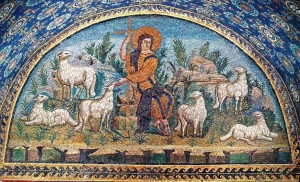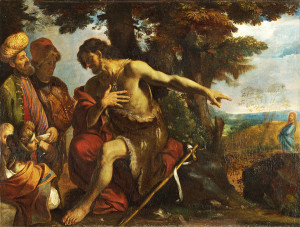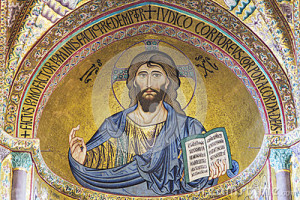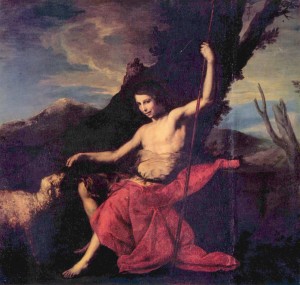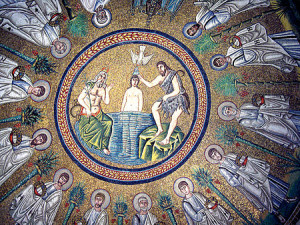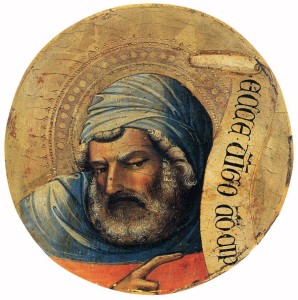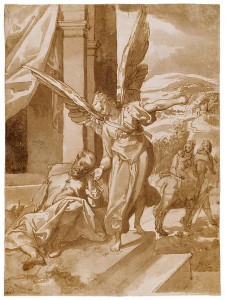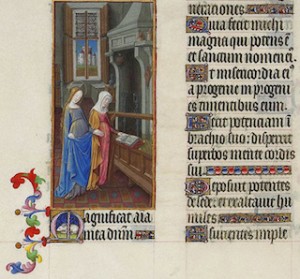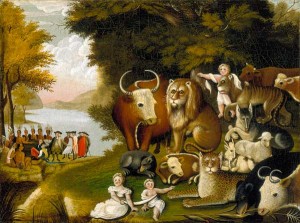Thoughts on Today’s Lessons for Dec. 13, 2015
First Reading: Zephaniah 3:14-20On this, the Third Sunday of Advent, traditionally known as Gaudete (“Rejoice”) Sunday, our readings call us to rejoice. Much of the short book of Zephaniah prophesies Israel’s violent destruction, amid scornful threats of Israel’s enemies’ destruction. These verses, though, anticipate a joyous time when God will restore Israel, rejoicing with its people in gladness and love. It declares God’s favor for the oppressed, a theme of liberation that John the Baptist will echo.
“Surely it is God who saves us. We will trust in God and not be afraid.” These familiar verses offer us joy and comfort in knowing that we are safe under God’s protection. The prophet Isaiah likens salvation to drawing water, a meaningful metaphor for people in arid lands. Isaiah calls the people to raise their voices in joy and praise. Make God’s deeds known among all the people. Cry aloud! Ring out your joy! Rejoice!
Second Reading: Philippians 4:4-7
Last Sunday in the opening verses of Philippians we heard Paul express his love. Now, near the end of this affectionate letter from prison in Rome to this little church in Greece that he had founded years before, he urges them to be gentle and kind: Rejoice in God’s love and trust in God’s mercy and peace. We often repeat his words, “The peace of God, which surpasses all understanding,” as a blessing at the end of our Eucharist.
Gospel: Luke 3:7-18
The long-haired, ranting prophet yells at the crowds. He calls them “a brood of vipers” and warns that God might chop them down and burn them up if they don’t repent. This does not sound like rejoicing! But John’s message is urgent: Prepare the way for Jesus, whose sandals John is not worthy to untie. Prepare for Jesus’ coming: Share your clothing and your food with those who have none. Don’t cheat. Don’t be selfish! Jesus’ mother, Mary, also sang of filling up the hungry with good things; and Jesus himself will remind us, “When I was hungry, you gave me food …” This is Jesus’ way. We are called to make it our way.

